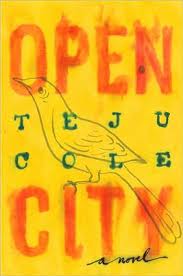 Open City, Teju Cole‘s first novel, is an unusual read. I find myself drawn to the small things in the novel. Take for example the simple act of walking. In Open City, walking is a strange activity. It carries with it the possibility or even the necessity of wandering, of losing one’s way, of meeting things and people and places by sheer chance. Walking is the sport of serendipity in a sense. An act that leaves us open to finding knowledge that we could not have anticipated.
Open City, Teju Cole‘s first novel, is an unusual read. I find myself drawn to the small things in the novel. Take for example the simple act of walking. In Open City, walking is a strange activity. It carries with it the possibility or even the necessity of wandering, of losing one’s way, of meeting things and people and places by sheer chance. Walking is the sport of serendipity in a sense. An act that leaves us open to finding knowledge that we could not have anticipated.
When Julius, a Nigerian psychiatrist, begins his residency in New York, walking becomes his medicine for a strange madness–the desire to touch and be touched without losing the sanctity of solitude. Julius walks alone, sleeps alone, loves alone, has a body that simply cannot attach itself to other bodies. The solitude that drives him to roam the streets of New York City is a strange kind. It is the kind that paradoxically feeds on the bodies to which it is inexorably drawn.
Above ground I was with thousands of others in their solitude, but in the subway, standing close to strangers, jostling them and being jostled by them for space and breathing room, all of us reenacting unacknowledged traumas, the solitude intensified.
Perhaps, you can already imagine how the novel will shape itself. Julius will tell us things he encounters and share the thoughts they evoke. But since Julius can only discover things as long as his walks are rambling, his story will be as rambling as his walks. Open City is in a sense, therefore, a plotless novel. No turning points. No plot-changing surprises. No secrets. Maybe there are a few secrets but, they are false ones–secrets without mystery. By all accounts, then, Open City is an unusual novel that seduces the usual novel reader in unexpected ways. Yet it falls within a long tradition of novels, from Rilke‘s Notebooks of Malte Laurids Brigge to Sebald‘s Austerlitz, where readers inhabit the mind of a character, through whom they see and think the world. In these novels, writers pay less attention to plot so that they can explore the place of chance and contingency in life.
The vignette-like arrangement of the novel makes it visual. Since Open City is not really telling a single story, it reads like a collection of micro-stories and mini-histories that form a collage, a visual assemblage of the world and its cities with their dark, buried past and their all too human inhabitants. But then, there are moments when it seems like Cole takes on too much and when Open City becomes a massive catalog of hot-button social issues ranging from racism to the environment to the Holocaust. Add to this a series of glosses on Deleuze, Said, Anthony Appiah, William Langland, Paracelsus, (to which we can tag Foucault), Camus, Nietzsche, Italo Calvino, Freud and others too numerous to mention.
There are perhaps those who feel they need to ask whether the novel is African or not. I find it delightful that the novel is written in such a way that a question like that would seem uninteresting, beside the point, and utterly superfluous.
New York Times Review of Open City: The Arrival of Enigmas


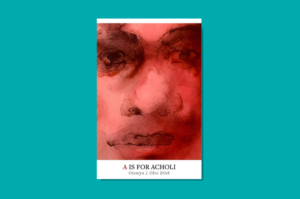
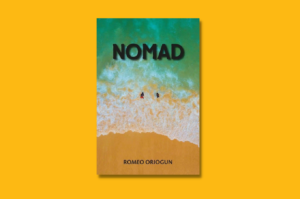
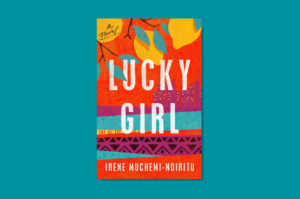
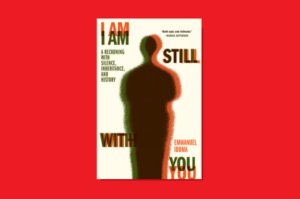
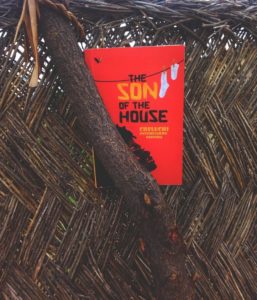

Big Win for Open City | Brittle Paper March 13, 2012 06:19
[...] read the book, do. If you need a bit of a nugde, begin by reading my blog post on Open City. Here Mr. Cole, 36, was born in the United States and raised in Nigeria. His novel, about a Nigerian [...]